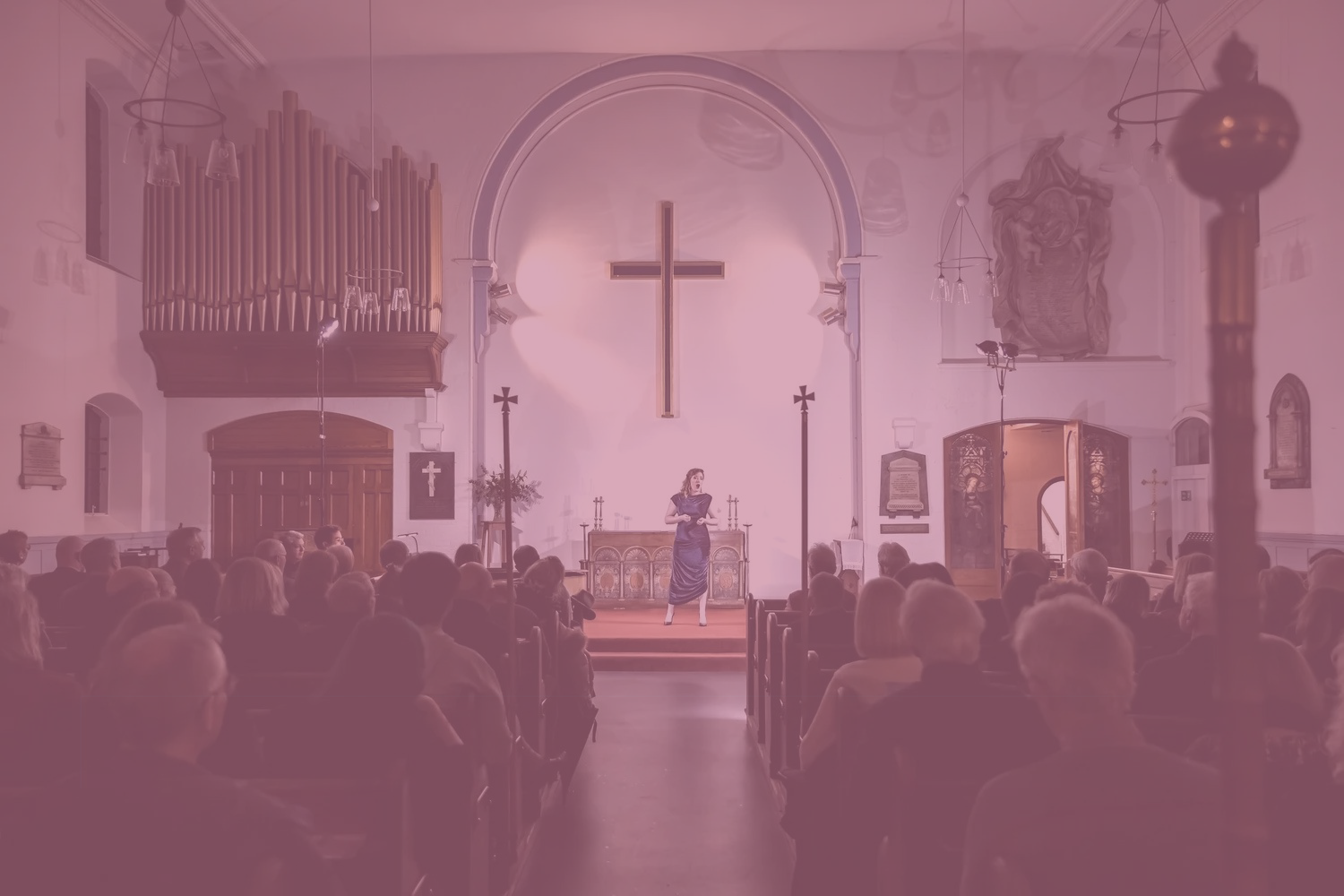
St Paul’s Opera
Opera in the heart of Clapham
For your Diary
For your Diary
DAVID BUTT PHILIP MASTERCLASS: Thursday 22nd January, 2026
DAVID BUTT PHILIP & FRIENDS GALA: Friday 13th March, 2026
SPRING CONCERT: Friday 17th April, 2026
LA TRAVIATA INSIGHT EVENING: late May 2026
LA TRAVIATA: Thursday to Saturday 2nd – 4th July, 2026
ARIA AFICIONADOS: Autumn 2026
JOIN US
JOIN US
St Paul’s Opera is looking to the future and making plans for music throughout 2025-26 with a full programme of concerts and opera productions. We are also planning exciting developments for the company. We’d love your support to help make this happen.


